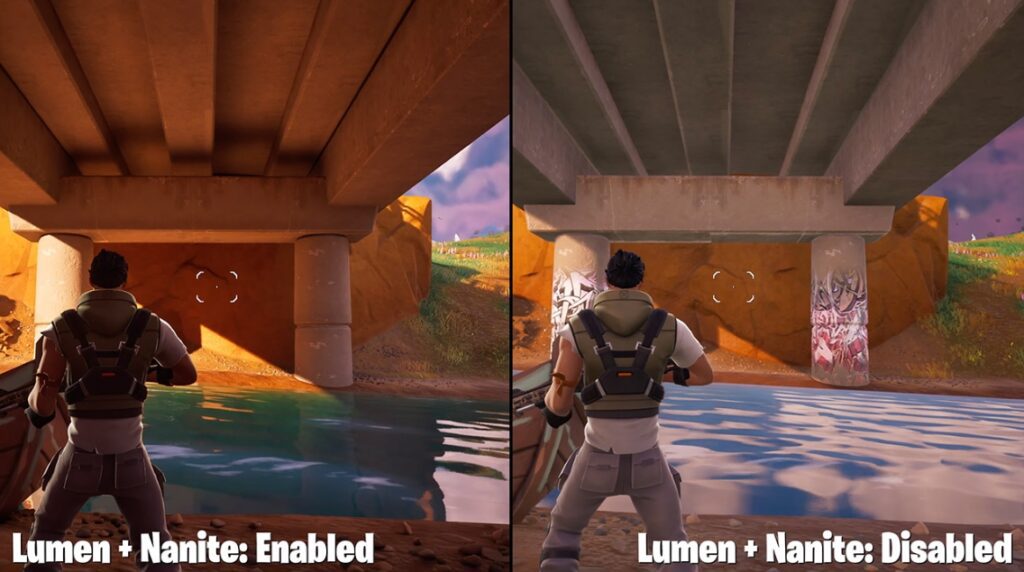Takeaway
Choosing the right Unreal game development company is crucial for the success of your project. A well-suited team not only enhances the quality of your game but also ensures timely delivery and effective communication throughout the development process. This article will guide you through the essential factors to consider when selecting the best Unreal game development team for your project.
Understanding Unreal Engine and Its Importance
Unreal Engine, developed by Epic Games, is one of the most powerful game development platforms available today. Known for its stunning graphics, robust physics, and versatile tools, Unreal Engine is widely used in various sectors, including gaming, architecture, and film. The engine supports both 2D and 3D game development, making it a preferred choice for developers aiming to create immersive experiences.
The Rise of Unreal Engine in Game Development
Since its initial release in 1998, Unreal Engine has evolved significantly. The latest version, Unreal Engine 5, introduced groundbreaking features such as Nanite virtualized geometry and Lumen global illumination, which allow developers to create highly detailed environments and realistic lighting effects. According to a report by Statista in 2023, Unreal Engine holds a market share of approximately 20% in the game development industry, making it a leading choice for developers worldwide.

Unreal Engine revolutionized gaming with Nanite and Lumen lighting.
Key Factors to Consider When Choosing an Unreal Game Development Company
When selecting an Unreal game development company, several critical factors should be taken into account to ensure that you partner with a team that aligns with your project goals and vision.
1. Expertise and Experience
The first and foremost factor to consider is the expertise and experience of the development team. Look for companies that have a proven track record in Unreal Engine development. Review their portfolio to assess the quality of their previous projects. A company with experience in your specific genre (e.g., action, RPG, simulation) will have a better understanding of the nuances involved in your project.
2. Technical Proficiency
Unreal Engine is a complex platform that requires a deep understanding of various programming languages, including C++ and Blueprints. Ensure that the development team possesses strong technical skills and is familiar with the latest features and updates of Unreal Engine. A technically proficient team will be able to leverage the engine’s capabilities to create a more engaging and optimized game.
3. Communication and Collaboration
Effective communication is vital for the success of any project. Choose a company that emphasizes transparency and collaboration. The development process should involve regular updates, feedback sessions, and open lines of communication. This ensures that you remain informed about the project’s progress and can make necessary adjustments along the way.

4. Development Methodology
Different companies may employ various development methodologies, such as Agile, Scrum, or Waterfall. Understanding their approach can help you gauge how they manage projects and adapt to changes. Agile methodologies, for instance, allow for iterative development and frequent reassessment of project goals, which can be beneficial in the dynamic landscape of game development.
5. Post-Launch Support and Maintenance
Game development does not end with the launch of the product. Post-launch support is crucial for addressing bugs, implementing updates, and enhancing user experience. Inquire about the company’s policies regarding post-launch support and maintenance. A reliable partner will offer ongoing assistance to ensure your game remains functional and relevant in the market.
6. Budget and Pricing Structure
Budget considerations are always a significant factor in project planning. Different companies have varying pricing structures, which can be based on hourly rates, fixed-price contracts, or milestone payments. It is essential to have a clear understanding of the costs involved and ensure that they align with your budget. However, be cautious of companies that offer significantly lower prices, as this may compromise quality.
7. Client Testimonials and Reviews
Client testimonials and reviews can provide valuable insights into a company’s reliability and quality of work. Look for feedback from previous clients regarding their experiences with the development team. Websites like Clutch and GoodFirms can be useful resources for finding verified reviews and ratings of game development companies.
8. Cultural Fit
The cultural fit between your team and the development company can significantly impact the project’s success. A shared vision, values, and work ethic can foster a more productive working relationship. Take the time to engage with the team and assess whether their approach aligns with your company’s culture and objectives.
Evaluating Potential Unreal Game Development Companies
Once you have identified potential Unreal game development companies, it is essential to evaluate them thoroughly. Here are some steps to help you make an informed decision:
1. Conduct Interviews
Schedule interviews with the shortlisted companies to discuss your project in detail. This will give you an opportunity to assess their understanding of your vision and their ability to execute it. Pay attention to their enthusiasm and willingness to collaborate.
2. Request Proposals
Ask for detailed proposals from the companies you are considering. These proposals should outline their approach to your project, timelines, deliverables, and pricing. Comparing these proposals will help you identify which company aligns best with your expectations.
3. Review Case Studies
Request case studies of previous projects that are similar to yours. This will provide insight into their problem-solving capabilities, creativity, and technical skills. A well-documented case study can reveal how the company overcame challenges and delivered successful outcomes.
4. Assess Technical Capabilities
Consider conducting a technical assessment or a small pilot project to evaluate the team’s skills. This can help you gauge their proficiency with Unreal Engine and their ability to deliver quality work within your timeline.
Conclusion
Choosing the right Unreal game development company is a critical step in bringing your game idea to life. By considering factors such as expertise, technical proficiency, communication, and cultural fit, you can make an informed decision that aligns with your project goals. Remember to conduct thorough evaluations and engage with potential partners to ensure a successful collaboration.
In summary, the key takeaways for selecting the best Unreal game development team include:
- Assess expertise and experience in Unreal Engine development.
- Evaluate technical proficiency in relevant programming languages.
- Ensure effective communication and collaboration practices.
- Understand the development methodology employed by the team.
- Inquire about post-launch support and maintenance services.
- Consider budget and pricing structures carefully.
- Review client testimonials and case studies for insights.
- Conduct interviews and technical assessments to gauge fit.
By following these guidelines, you can select a development team that not only meets your technical requirements but also shares your vision for creating an exceptional gaming experience.

